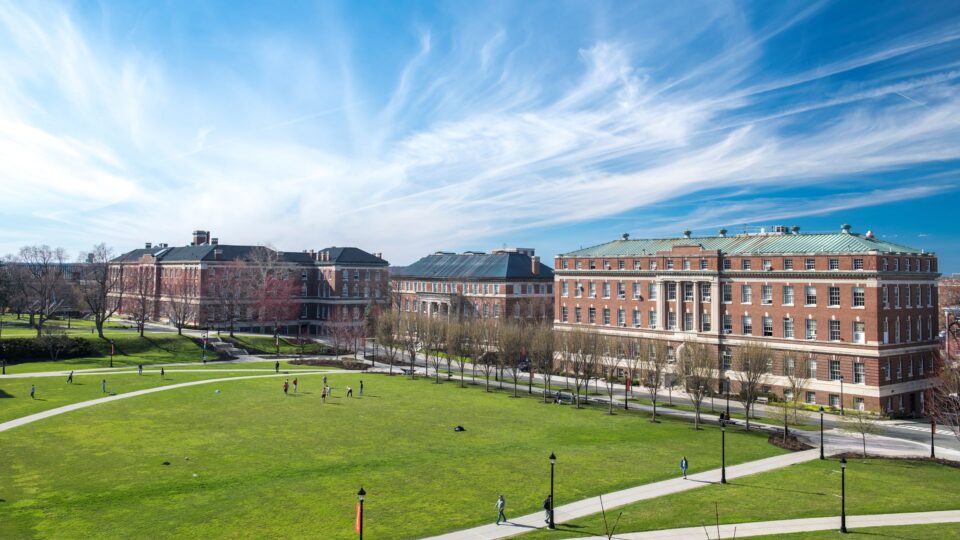Lithium is the critical component in the batteries that power phones and computers, electric cars, and the systems that store energy generated by solar and wind farms. Lithium is not particularly rare, but it is difficult and often environmentally harmful to extract from where it is found.
Traditional ore sources are increasingly difficult and expensive to mine. The largest known deposits of lithium are in natural brines – the salty water found in geothermal environments. These brines also contain other ions like sodium, potassium, magnesium, and calcium, and efficiently separating out the lithium is extremely challenging.
Traditional separation techniques consume large amounts of energy and produce chemical waste, particularly hazardous chlorine gas. These techniques typically suffer from poor selectivity; that is, the process is interfered with by the other ions present in natural brines.
A team of researchers at Rice University has developed a three-chamber electrochemical reactor that improves the selectivity and efficiency of lithium extraction from brines. The middle chamber of the reactor contains a specialized membrane that acts as a barrier to chloride ions, preventing them from getting to the electrode area where they can form chlorine gas.
The new reactor has achieved a lithium purity rate of 97.5%, which means the setup can effectively separate lithium from other ions in the brine and allow the production of high-quality lithium hydroxide, the key material for battery manufacturing.
The Rice University reactor design has the potential to be a game changer for lithium extraction from geothermal brines.
**********
Web Links
‘Game changer’ in lithium extraction: Rice researchers develop novel electrochemical reactor
Photo, posted October 21, 2023, courtesy of Simaron via Flickr.
Earth Wise is a production of WAMC Northeast Public Radio



